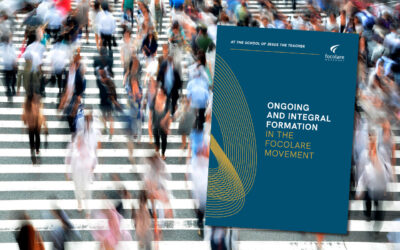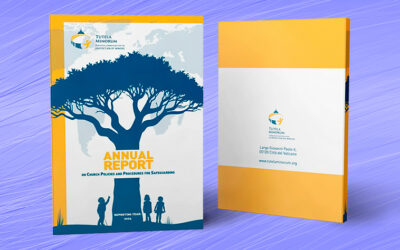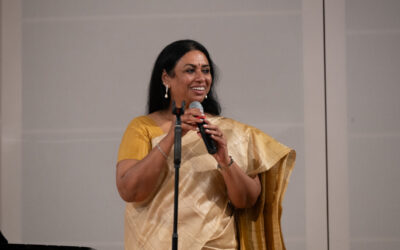 Roberto and Patrizia live in the province of Naples, Italy. Like many Italian families they have really been put to the test by the economic crisis. Ten years ago they adopted a girl and now their family has grown in size with the adoption of a Chinese boy who is in urgent need of sugery and medical care. This experience of welcoming children into their home has brought them much joy, but also sacrifice. While reviewing the family budget, the question arose whether or not to continue the distance support which they had been providing for a girl in Brazil. “Life isn’t easy,” they write to their friends at Santa Maria di Igarassu School in Recife. “We Italians are losing economic certainty and peace of mind as an advanced industrial society. Many parents are losing jobs, young people can’t find work, people of advanced age are no longer certain of their pension. Health care is no longer completely free and the cost of living has risen so much. Faced with a scenario such as this, many families have begun to reduce cut back, to shorten their holidays – and we have also had to make sacrifices.”
Roberto and Patrizia live in the province of Naples, Italy. Like many Italian families they have really been put to the test by the economic crisis. Ten years ago they adopted a girl and now their family has grown in size with the adoption of a Chinese boy who is in urgent need of sugery and medical care. This experience of welcoming children into their home has brought them much joy, but also sacrifice. While reviewing the family budget, the question arose whether or not to continue the distance support which they had been providing for a girl in Brazil. “Life isn’t easy,” they write to their friends at Santa Maria di Igarassu School in Recife. “We Italians are losing economic certainty and peace of mind as an advanced industrial society. Many parents are losing jobs, young people can’t find work, people of advanced age are no longer certain of their pension. Health care is no longer completely free and the cost of living has risen so much. Faced with a scenario such as this, many families have begun to reduce cut back, to shorten their holidays – and we have also had to make sacrifices.”  As the days passed, there was a growing sense of emptiness. Their thoughts kept returning to the “Escola Santa Maria” located, since 1967, in one of the poorest regions of North East Brazil, surrounded by unemployment, alcoholism, drug abuse and violence. Many children living below the poverty line have been rescued over the years thanks to the generosity and perseverance of distance adopters, and even the entire community has benefited from their support. “We looked at each other, spoke some more, and realized that it would be a mistake to turn in on ourselves. We realized that we should rather widen our hearts and continue with the distance support (link http://www.famiglienuove.org/it/sostegnoadistanza.php) for the Brazilian child. She and everyone else at St Mary’s School were our family in Brazil. It would never be justifiable for us to just abandon them.”
As the days passed, there was a growing sense of emptiness. Their thoughts kept returning to the “Escola Santa Maria” located, since 1967, in one of the poorest regions of North East Brazil, surrounded by unemployment, alcoholism, drug abuse and violence. Many children living below the poverty line have been rescued over the years thanks to the generosity and perseverance of distance adopters, and even the entire community has benefited from their support. “We looked at each other, spoke some more, and realized that it would be a mistake to turn in on ourselves. We realized that we should rather widen our hearts and continue with the distance support (link http://www.famiglienuove.org/it/sostegnoadistanza.php) for the Brazilian child. She and everyone else at St Mary’s School were our family in Brazil. It would never be justifiable for us to just abandon them.”  Meanwhile little A.X. will be facing his first surgery, which will last six hours. “We got through it with much serenity and courage. Those who sow love, reap love. Our hope for him, for his sister at home and for the one in Brazil is that they will have a positive future in which the love they’ve received and will one day emanate, may one day reach out to help others.
Meanwhile little A.X. will be facing his first surgery, which will last six hours. “We got through it with much serenity and courage. Those who sow love, reap love. Our hope for him, for his sister at home and for the one in Brazil is that they will have a positive future in which the love they’ve received and will one day emanate, may one day reach out to help others.
Be close to those who suffer
Be close to those who suffer




0 Comments